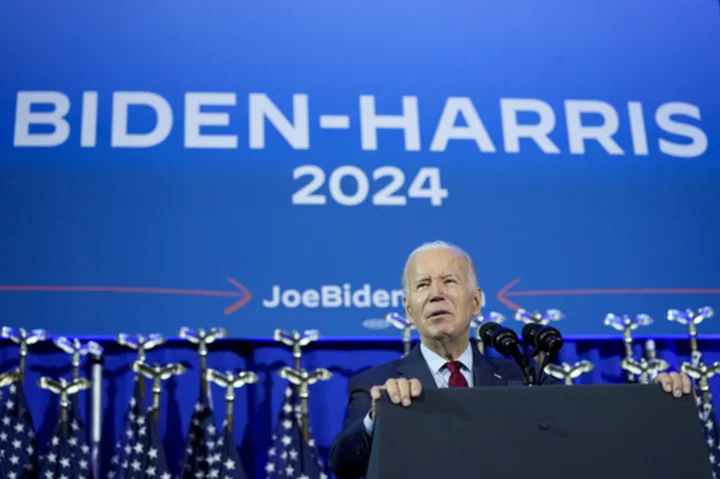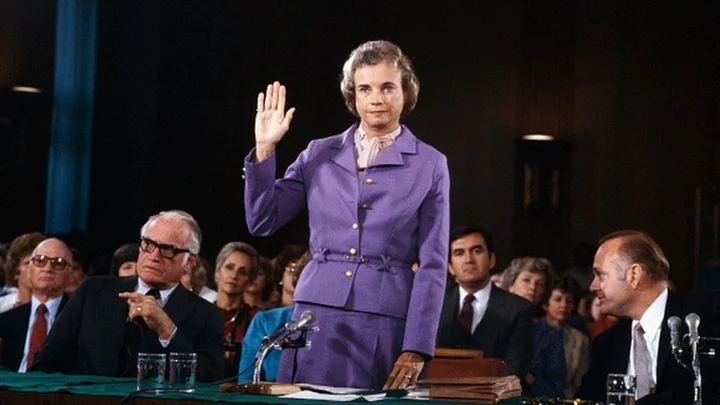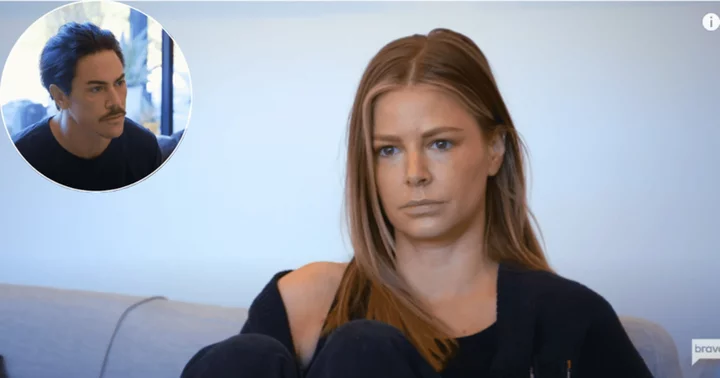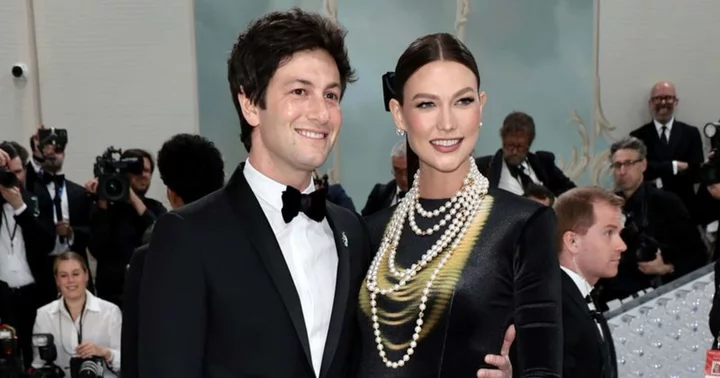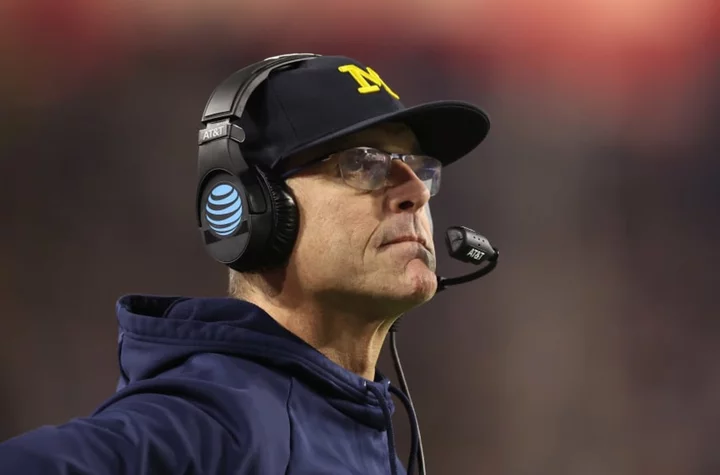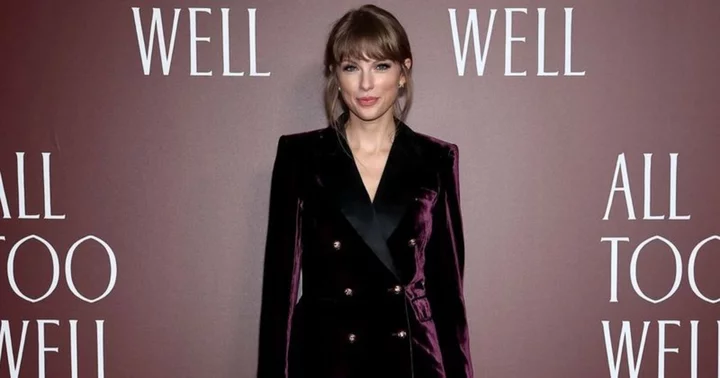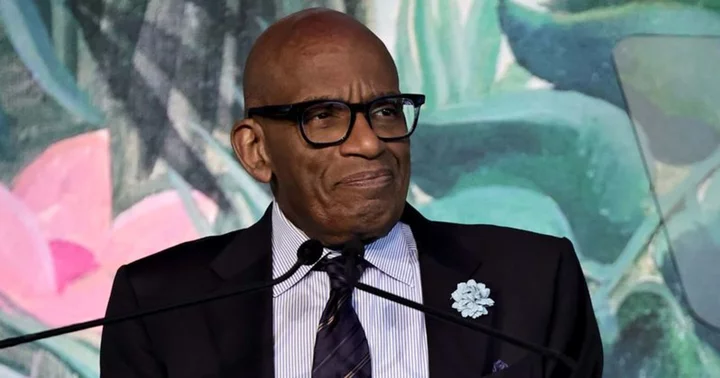WASHINGTON (AP) — President Joe Biden warned Friday that Republicans seeking a nationwide ban on abortion won’t stop there as he urged supporters to channel their outrage into mobilizing votes for Democrats in 2024.
“We will not let the most personal of decisions fall into the hands of politicians," he said. "Make no mistake, this election is about freedom on the ballot once again.”
Just a mile from where Biden rallied abortion rights supporters on the eve of the anniversary of the Supreme Court ruling that overturned federal abortion protections, the Faith & Freedom Coalition was holding its annual conference, and Vice President Mike Pence urged his rivals for the Republican presidential nomination to support a 15-week federal abortion ban — at minimum.
One year after the decision in Dobbs v. Jackson Women’s Health Organization, both sides are leaning into the issue. Biden on Friday issued an executive order seeking to bolster access to contraception and picked up a trio of top-level endorsements at the rally with Vice President Kamala Harris, first lady Jill Biden and Harris' husband, Doug Emhoff. A number of Republican hopefuls were set to speak at the evangelical summit this weekend, emphasizing their anti-abortion credentials and urging like-minded activists to stay on the political offensive amid concerns it could backfire.
A majority of Americans want legalized abortion nationwide. In the leadup to the 2022 midterm elections, many political pundits dismissed the issue as a galvanizer, but it was among the top concerns for voters, who consistently rejected efforts to restrict abortion in both Democratic and GOP-leaning states when given the chance.
"Reproductive freedom is an issue for all of us. Men, women, everyone. Women cannot be less-than," Emhoff said.
The leading voices on abortion rights were always going to endorse the Democratic president for reelection. But the heads of Planned Parenthood Action Fund, NARAL-Pro Choice America and Emily's List say getting out early and loudly behind Biden and Harris is important on an issue that will animate voters.
“I am so proud of the bold actions that this administration has taken to protect patients and to protect providers to give them accurate information and to let them know they are not alone,” said Alexis McGill Johnson, president and chief executive of Planned Parenthood Action Fund.
Mini Timmaraju, head of NARAL Pro-Choice America, said the longer the bans are in place, the more people will know someone who has experienced something awful. “They have to make a decision about where to go to college based on the states with the bans. They have to make a decision about whether to practice medicine based on an abortion ban. It’s permeating everyday life now, and it’s having unintended consequences."
The consequences of restricting abortion access are quickly moving beyond ending an unwanted pregnancy into miscarriage and pregnancy care in general. Women in states with tight restrictions are increasingly unable to access care for pregnancy-related complications. Doctors facing criminal charges if they provide abortions are increasingly afraid to care for patients who aren’t sick enough yet to be considered treatable.
“Republicans are working overtime to make it harder for us to make our own healthcare decisions and determine our own future,” said Laphonza Butler, head of Emily's List.
Since the Supreme Court overturned the landmark 1973 decision in Roe v. Wade, which legalized abortion, 20 states have passed either a ban or highly restrictive policies on abortion. A year after fall of Roe, 25 million women live in states with abortion bans or tighter restrictions. But 22 states and the District of Columbia have expanded access to abortion care.
Most of the states with severe abortion restrictions are also states that have a high maternal mortality rate and higher rates of stillbirth and miscarriage. Black women are disproportionately affected — they are more than three times more likely to die from pregnancy-related causes than white women, according to the U.S. Centers for Disease Control and Prevention.
Harris has argued it’s not a coincidence, given that maternal health care and abortion care are linked. The same medical procedures used to perform an abortion are the ones used to treat miscarriage.
She said Friday this was not an issue of abortion rights, it was an issue of freedom. “Freedom to make decisions about one's own life, one's own body. The freedom to be free from government interference when it comes to one's private decisions. Decisions that are about heart and home.”
Biden’s executive order aims to strengthen access to contraception, a growing concern for Democrats after some conservatives have signaled a willingness to push beyond abortion into regulation of birth control. In 2017, nearly 65% or 46.9 million of the 72.2 million girls and women age 15 to 49 in the U.S. used a form of contraception. The order aims to increase and expand options, lower out-of-pocket costs and raise awareness about options.
Biden regretted that he even had to sign such an order. “The idea, that I had to do that — really, think about it,” he said.
Pence's comments Friday amounted to a challenge for the GOP front-runner, Donald Trump, who has been reluctant to endorse a federal abortion ban. The former president is set to address the evangelical assembly on Saturday night.
“We must not rest and we must not relent until we restore the sanctity of life to the center of American law in every state in this country,” Pence said.
Ralph Reed, founder and chairman of the Faith & Freedom Coalition, said “we’re certainly going to do everything that we can, as an organization and as a pro-life and pro-family movement, to give our candidates a little bit of a testosterone booster shot and explain to them that they should not be on the defensive. Those who are afraid of it need to, candidly, grow a backbone.”
___
Follow the AP's coverage of abortion at https://apnews.com/hub/abortion.

